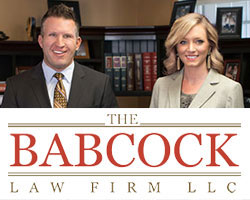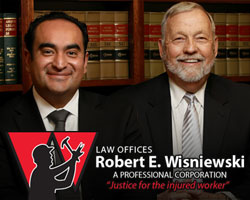
Whether your law firm is new on the scene or starting over, it’s time to examine how you’re going to present the firm online. You want to have a good, vibrant site, but you are limited in how much time there is to produce the content. So when you ask your marketing consultant, “What content do I need for my website?” you’re hoping for a response that’s rooted in the real world.
We’re going to list the nuts-and-bolts pages that every law firm website has to have, and there are a couple of things that apply to all of them.
The first is simple: don’t skimp or haphazardly slap a paragraph online. The online world is very competitive and approaching any of your pages like this is akin to attending a networking event and being dressed sloppily. Put your best foot forward.
The second thing is that keyword research should precede writing the content for any of these pages. Find out the terms people are searching on, understand whether they’re terms entered by people looking to hire a lawyer or those just looking for legal information, and then write a nice piece of readable content around those terms.
About Us page
Talk about your law firm and where it fits in the legal landscape. Are you a 2-3 law firm that can provide personalized service? A boutique shop that can meet a wide range of legal needs? Or a larger firm with the resources to handle most any challenge? Talk about that here and talk about why it’s an asset.
Lawyer bios
Don’t take the lazy way out and incorporate these into the About Us, although they can be a sub-category in a drop-down menu. About Us deals with the firm in general, while the bio pages can humanize the lawyers specifically. Their areas of expertise, previous experience and some nice information about what makes them tick personally.
Example of an informative lawyer’s bio page: Atlanta work-related car accident lawyer, Benjamin Gerber
Practice area pages
You’ve already used pages to talk about the firm and the lawyers, so when you put up each individual practice area—Personal Injury, Product Liability, Real Estate, etc.—use this opportunity to demonstrate a little expertise. Talk about the general landscape in this area of law and challenges commonly faced. It doesn’t have to be long—500 words is plenty—but it will show visitors you know what you’re talking about.
Contact Us page
Put all your contact information—phone, physical address and email address—all on a single page. Not only is this easy for the user, but it also helps your marketing efforts. You can track the number of visits to the Contact Us page to get a sense of how many people at least consider reaching out when they come to your site.
Custom 404 error page
This is the page that comes up when you type in a URL that doesn’t go anywhere. Anyone can misspell the name of a landing page, and you want a professional-looking page that will redirect them back to the content.
Home page
The page itself goes without saying since not having one isn’t even an option. But one thing to be sure of is that your home page has a nice menu bar that will easily take the visitor to all of the above pages on your site.
When you have these pages, you have the essential foundations of a website. We won’t tell you that your work is done. Having a regularly updated blog is highly recommended and can keep traffic coming to your site. But if you have these pages, you’re ready to present yourself online.





